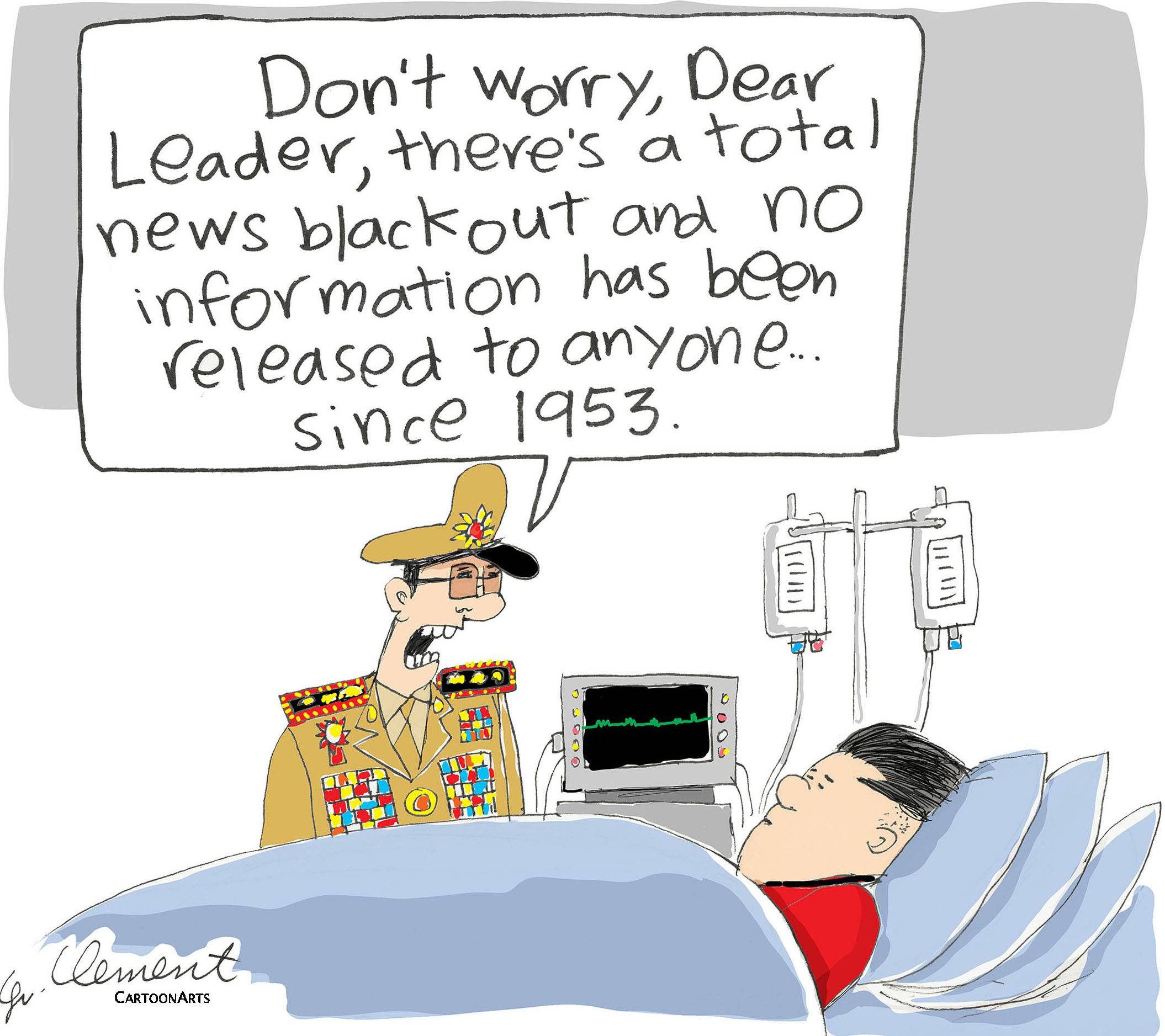One of the most vexing questions for Northeast Asian strategists is whether adversaries are more dangerous when they are weak or when they’re strong.
Is North Korea a greater threat when its leadership is confident and ready to assert itself in the world, or when it is weak and instability could spill over its borders and overwhelm its neighbors? That question has assumed new immediacy amid reports that its supreme leader Kim Jong Un is ill or may have died.
North Korea tops the list of Japanese security concerns. The 2019 Defense White Paper calls it a “serious and imminent” threat. The chief fear is that North Korea considers a nuclear warhead on an intercontinental missile a blank check that allows it to threaten any government that fails to do its bidding. The danger is not that the combination actually scares governments, but that Pyongyang will think it does — a deadly miscalculation for all concerned.



